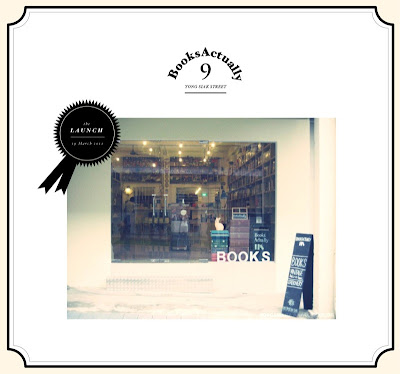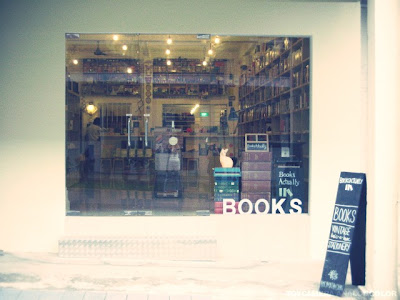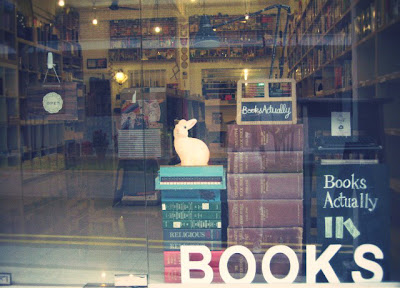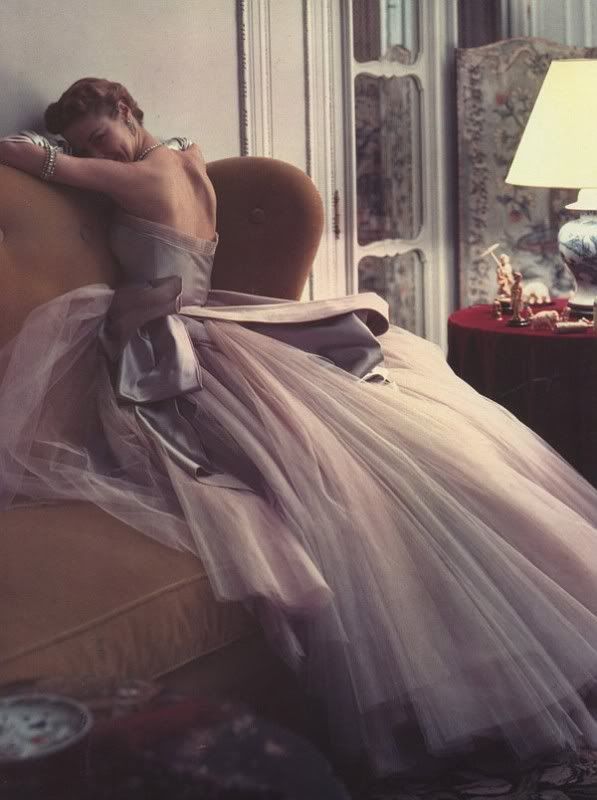My weekday collection of somethings.


from jessmarie
“We do not grow absolutely, chronologically. We grow sometimes in one dimension, and not in another; unevenly. We grow partially. We are relative. We are mature in one realm, childish in another. The past, present, and future mingle and pull us backward, forward, or fix us in the present. We are made up of layers, cells, constellations.” Anaïs Nin
“I want to give a really BAD party. I mean it. I want to give a party where there’s a brawl and seductions and people going home with their feelings hurt and women passed out in the cabinet de toilette. You wait and see.” F.Scott Fitzgerald, Tender if the Night
“Through this twilight universe Daisy began to move again with the season; suddenly she was again keeping half a dozen dates a day with half a dozen men, and drowsing asleep at dawn with the beads and chiffon of an evening dress tangled among dying orchids on the floor beside her bed. And all the time something within her was crying for a decision. She wanted her life shaped now, immediately—and the decision must be made by some force—of love, of money, of unquestionable practicality—that was close at hand.” – Great Gatsby, F.Scott Fitzgerald
“But his heart was in a constant, turbulent riot. The most grotesque and fantastic conceits haunted him in his bed at night. A universe of ineffable gaudiness spun itself out in his brain while the clock ticked on the wash-stand and the moon soaked with wet light his tangled clothes upon the floor. Each night he added to the pattern of his fancies until drowsiness closed down upon some vivid scene with an oblivious embrace. For a while these reveries provided an outlet for his imagination; they were a satisfactory hint of the unreality of reality, a promise that the rock of the world was founded securely on a fairy’s wing.” – Great Gatsby, F.Scott Fitzgerald
“I knew I had to have it. I mean, I know Luke and I had a little agreement about not buying any more furniture for the apartment- but this is different, surely. A real cocktail cabinet, just like in Fred Astaire and Ginger Rogers films! It’s going to completely transform our evenings. Every night, Luke and I will mix martinis, and dance to old-fashioned songs, and watch the sun go down. It’ll be so atmospheric! We’ll have to buy one of those old-fashioned record players with the big horns, and start collecting 78s, and I’ll start wearing gorgeous vintage tea dresses. And maybe people will start dropping by for cocktails every night. We’ll become known for our witty soirees. The New York Times will run a piece on us! Yes! The cocktail hour has been reinvented with an elegant twist in the West Village. “- Sophie Kinsella
“You forget all of it anyway. First, you forget everything you learned – the dates of the Hay-Herran Treaty and the Pythagorean Theorem. You especially forget everything you didn’t really learn, but just memorized the night before. You forget the names of all but one or two of your teachers, and eventually you’ll forget those, too. You forget your junior class schedule and where you used to sit and your best friend’s home phone number and the lyrics to that song you must have played a million times. For me, it was something by Simon & Garfunkel. Who knows what it will be for you? And eventually, but slowly, oh so slowly, you forget your humiliations – even the ones that seemed indelible just fade away. You forget who was cool and who was not, who was pretty, smart, athletic, and not. Who went to a good college. Who threw the best parties. Who could get you pot. You forget all of them. Even the ones you said you loved, and even the ones you actually did. They’re the last to go. And then once you’ve forgotten enough, you love someone else.” Gabrielle Zevin (Memoirs of a Teenage Amnesiac)
“Hail, happiness, then, and after happiness, hail not those dreams which bloat the sharp image as spotted mirrors do the face in a country-inn parlour; dreams which splinter the whole and tear us asunder and wound us and split us apart in the night when we would sleep; but sleep, sleep, so deep that all shapes are ground to dust of infinite softness, water of dimness inscrutable, and there, folded, shrouded, like a mummy, like a moth, prone let us lie on the sand at the bottom of sleep.
But wait! but wait! we are not going, this time, visiting the blind land. Blue, like a match struck right in the ball of the innermost eye, he flies, burns, bursts the seal of sleep; the kingfisher; so that now floods back refluent like a tide, the red, thick stream of life again; bubbling, dripping; and we rise, and our eyes (for how handy a rhyme is to pass us safe over the awkward transition from death to life) fall on–(here the barrel-organ stops playing abruptly). “Virginia Woolf, Orlando, (1928)
“One has a sense that catastrophe has occurred in the psychic landscape” – Leonard Cohen
‘You, darkness that I come from/I love you more than all the fires’ – Rainer Maria Rilke, You, Darkness.
“We are too alone in the world, and not alone enough to make every minute holy. I am too tiny in this world, and not tiny enough just to lie before you likea thing, shrewd and secretive.
I want my own will, and I want simply to be with my will, as it goes towardaction, and in the silent, sometimes hardly moving times when something is coming near, I want to be with those who know secret things or else alone.
I want to be a mirror for your whole body, and I never want to be blind, orto be too old to hold up your heavy and swaying picture.I want to unfold.I don’t want to stay folded anywhere, because where I am folded, there I am
a lie.And I want my grasp of things true before you. I want to describe you likea painting that I looked at closely for a long time, like a saying that Ifinally understood, like the pitcher I use every day, like the face of my
mother, like a ship that took me safely through the wildest storm of all.” – Rainer Maria Rilke





























































